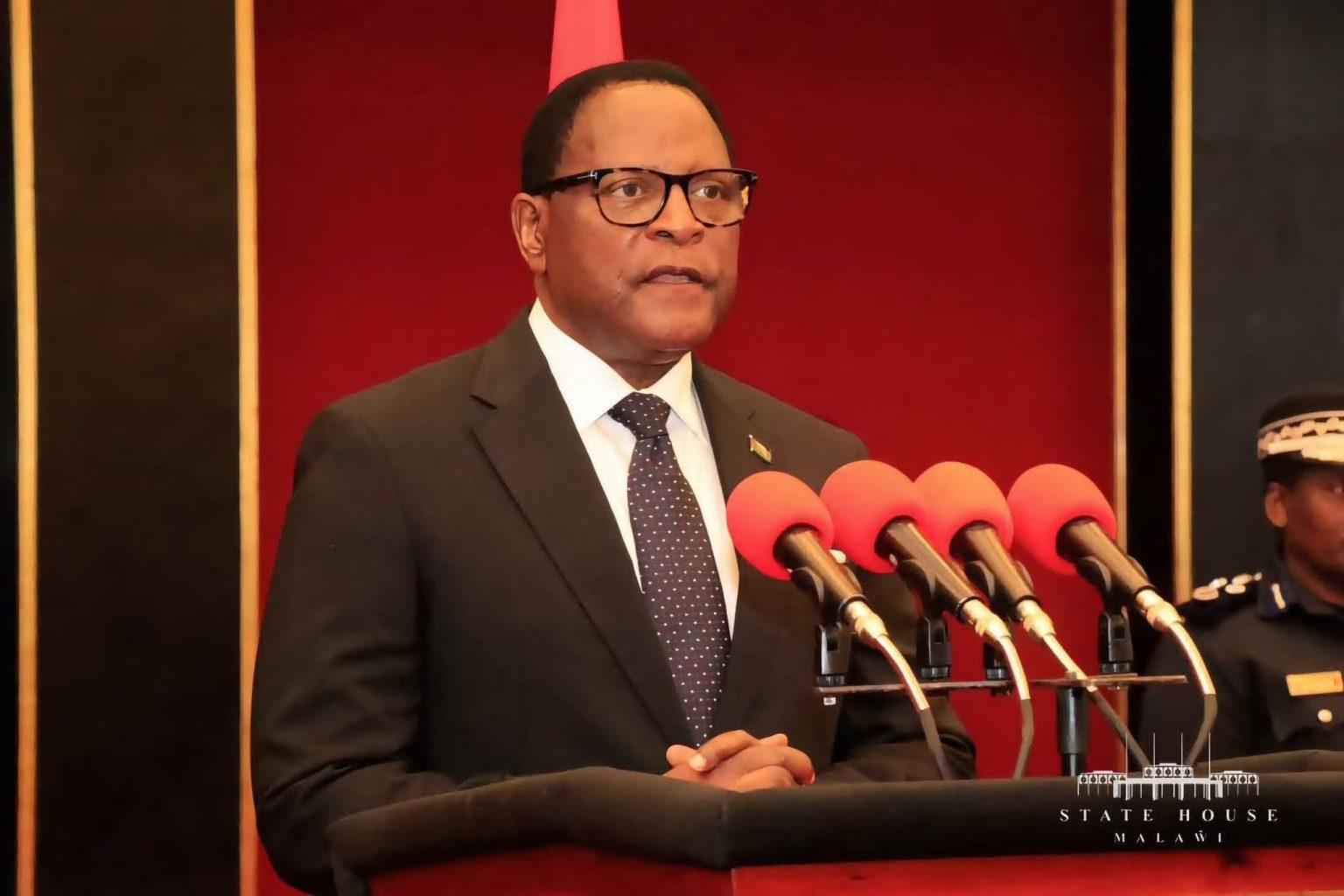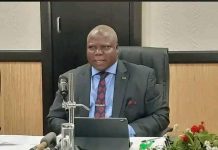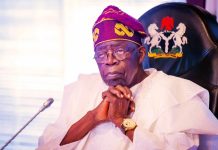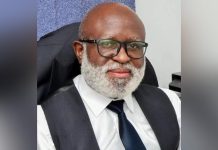Africa-Press – Malawi. Malawi Congress Party stands at a historic crossroads. The September 16 presidential election did not only remove President Lazarus Chakwera from power. It delivered a message the party cannot afford to misread. The verdict was clear. Voters want renewal. They want decisiveness. They want leadership that matches the urgency of the moment.
Former president Chakwera is, by many accounts, a man of integrity. He entered national politics with a perception most leaders just envy but do not possess. That of honesty, calmnessand religious groundedness.
His rise in 2020 during those fresh elections was anchored on public hope. A hope for clean governance. A hope for discipline in public institutions. A hope that he would be the one to pull Malawi out of the malaise of corruption and impunity.
But his presidency did not deliver the transformation Malawians expected. Not because he was malicious or, in my opinion, self-serving, but because he struggled to act with the firmness the office demanded. And voters responded.
This is precisely why MCP must think carefully—very carefully—before considering him again as the party’s candidate in 2030. It is not an issue of disrespect. It is an issue of strategy and political survival. Chakwera has already contested the presidency in 2014, 2020, and 2025.
At its most recent convention held in August 2024, the party stretched its own constitution to grant him a bonus term, a rare exception made in good faith. To push that boundary again would risk projecting MCP as a party that bends its rules when convenient. And voters would not take kindly to leaders or parties that disregard their own governance standards.
Beyond its own constitutional reality, MCP must look honestly at the political terrain. Going to the electorate with the same candidate who was decisively rejected would be a mistake. Voters have long memories.
They will remember fuel shortages, forex depletion, the indecision during moments that demanded clarity. They will vividly remember going through moments when senior civil servants and ministers ran ahead of presidential authority. They will remember his foreign trips at a time when the economy was gasping.
These memories are not attacks. They are political facts. They shape voter behavior and they cannot be erased by slogans or nostalgia.
MCP has more than 1.5 million loyal votes. It has structure. It has history. It has unshakable presence. These are assets any political party would treasure. But assets only work when matched with the right strategy.
A 2030 comeback campaign must send a message of renewal, not repetition. A message of learning, not stubbornness. A message that the party heard the voters and has corrected its course. Returning with Chakwera on the ticket would risk signaling the opposite. That the party has closed its ears.
This is not a call to shame the former president. Far from it. It is a call to honour him by protecting the party he led and preserving its future. Chakwera remains a respected figure. But respected figures are not always the best electoral candidates. Sometimes, the most patriotic act is stepping back, allowing the party to regenerate, and giving space for new leadership to emerge.
Looking ahead to 2030, MCP must also confront a hard electoral reality. Its fiercest rival, the Democratic Progressive Party, is almost certain to field a fresh, untested presidential candidate. Peter Mutharika is serving what is widely understood as his final term at the helm of the party. That means DPP will likely go into the next cycle with new energy, new face, and new messaging.
This is exactly the kind of political freshness that would attract undecided voters after a decade of economic and governance turbulence, especially with the next five years already feared to be a nightmare as the Gangatas position themselves for informal control.
A rejuvenated DPP, unburdened by the fatigue surrounding its old leadership, will be a formidable opponent. Facing such a candidate with Chakwera will place MCP at a severe disadvantage before the campaign even begins.
This is why the party must think beyond its ranks and seniority.
The 2030 race will demand a presidential candidate who is widely exposed, economically literate, politically sharp, and socially attuned. Someone who can speak to urban frustration and rural aspiration. Someone who can appeal beyond the party’s traditional heartlands and tap into constituencies that have long slipped away. Someone who represents renewal, not repetition.
MCP will not manage to defeat a fresh DPP contender with an exhausted narrative. It needs a candidate who resets the political conversation, excites the youth, reassures the middle class, and rebuilds trust where it has eroded. Without that kind of leadership, the party risks going into the election with its strongest opponent at peak strength while itself anchored to a past where voters have already moved on from.
Malawi has entered a new political era. MCP must enter it too.
For the party’s survival, 2030 cannot be another Chakwera bid. Renewal is not just desirable. It is necessary. It is urgent. It is the only path that gives MCP a real chance at government again.
For More News And Analysis About Malawi Follow Africa-Press






